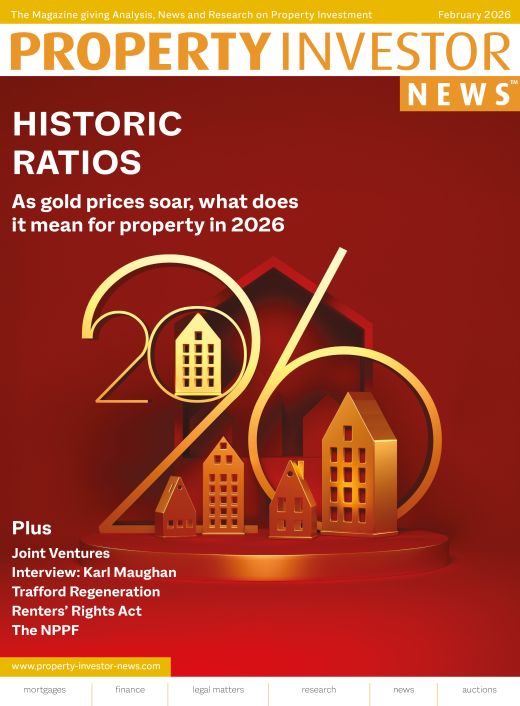Some 40 years ago, the US-based author Robert G. Allen wrote a book: ‘Nothing Down: How to Buy Real Estate with Little or No Money Down’. Allen’s book became a best seller, and has been lauded by many over the decades. It inspired many budding property entrepreneurs in the USA to kick-start their property investing journeys.
Unsurprisingly, it struck a chord with those long on aspiration but who were often somewhat short of cash.
Here in the UK we saw some copycat authors around 15 years ago who took note of the book’s success and also some subsequent titles that Robert G. Allen went on to write. Since 2002, we have also seen a mushrooming of property investing education and networking events and many of these are now conducted online.
Just as in the USA, many here in the UK who are attracted to these events and books such as ‘Nothing Down’ are looking for short cuts to creating wealth and of course there are now a wide range of product/service providers to choose from.
Some of those providers included mortgage lenders and until autumn 2007, many ‘clued up’ property investors in the UK were able to use some very creative financing techniques to rapidly build a portfolio via a ‘same-day re-mortgaging’ process. One particular lender until early 2008 was Mortgage Express and it was the default choice for many ‘creative’ property investors during 2005-7. However, the advent of the Great Financial Crash led to the firm pulling products and many investor-landlords had no plan B.
Unfortunately, many of them not only did not have a plan B for their mortgage financing, but in their dash for portfolio growth they had been paying ‘lip service’ to the fundamental need to have reliable rent-paying tenants. Their default borrowing position became one of ‘defaulting’ on their mortgage repayments and many a repossession subsequently followed.
Those who ran their rental portfolios in a more businesslike manner then had a quite lengthy windfall period when their very low borrowing rates continued for well over a decade. Many were on base-rate-tracker or variable rate mortgages, which was fine when the bank rate was 0.15% but it’s been a very different story over the last year with the bank rate now at 5.25%. Those who sold up and exited these investments prior to the base rate increases from last autumn are likely to be thankful at their
decision to exit.















